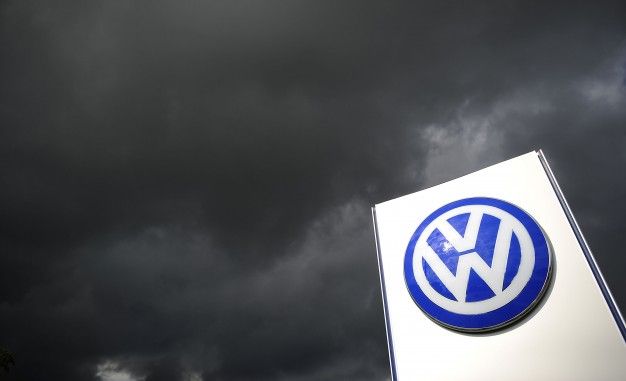4865
0
Volkswagen Will Pay $3.5M in Ohio Emissions Litigation
Volkswagen has agreed to a $3.5 million settlement with the state of Ohio over allegations that it violated state laws.

Yazar: James Gordon
Yayınlanma: 22 Ocak 2022 01:15
Güncellenme: 2 Mart 2026 19:27
Volkswagen AG has agreed to a $3.5 million settlement with the state of Ohio over allegations that the German automaker violated state laws by manipulating onboard computer software in its vehicles to mask carbon dioxide emissions.
In November, the US Supreme Court rejected Volkswagen's (DE:VOWG_p) request to avoid lawsuits brought by officials in three states, including Ohio.
Lawsuits Continue in Texas, Utah, and Florida
VW said in previous court documents that Ohio's requested payments could be "$350 million a day, or more than $127 billion a year." Ohio Attorney General Dave Yost said, "The harm done to the environment and consumer confidence has required us to hold Volkswagen accountable, and this deal will deliver on that." The Ohio Environmental Protection Agency and the attorney general's office announced that they will share the award that settled the 2016 case. In 2015, it was revealed that Volkswagen used advanced software to avoid emissions requirements on approximately 11 million vehicles worldwide. In addition, VW managed to mislead the EPA, which started its investigations on the subject in 2014. In addition to equipping vehicles with deceptive devices before they are sold, Volkswagen also installed software updates after the sale, and that was exactly the case in the Ohio case, which was considered by the Supreme Court. Ohio's lawsuit revealed that VW software updates put the vehicle in "test" mode, which suspends normal driving operations and reduces emissions only during testing, resulting in inaccurate results in tests.İLGİLİ HABERLER





European stocks soared and focus shifted to German retail sales after Powell's speech!

Forex Signal For TRY/USD: Inflation Slowdown in November.

Forex Signal For GBP/USD: Bullish Trend Still Not Breaking While Recovery Continues.

Forex Signal For EUR/USD: Starry US Data Points to Higher Fed Increases.

Forex Signal For BTC/USD: Downside Continues as Bitcoin Recovery Moves Less.
En Popüler Haberler
Yorum Yap
Yorumlar
Henüz yorum yapan yok! İlk yorumu siz yapın...